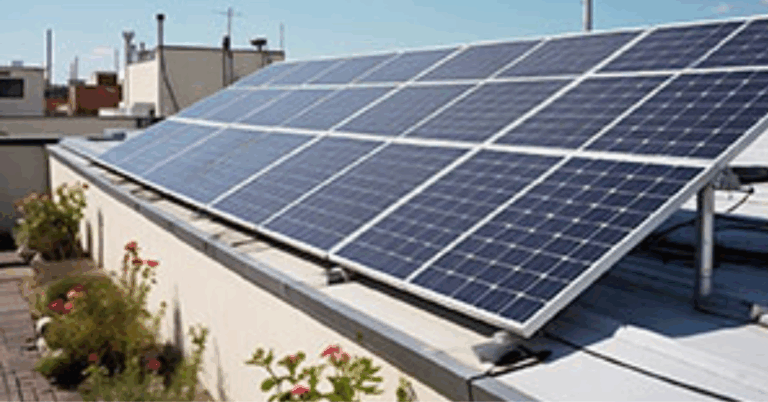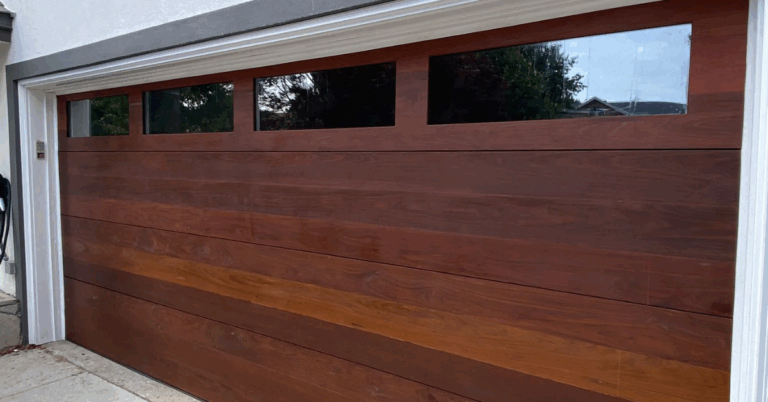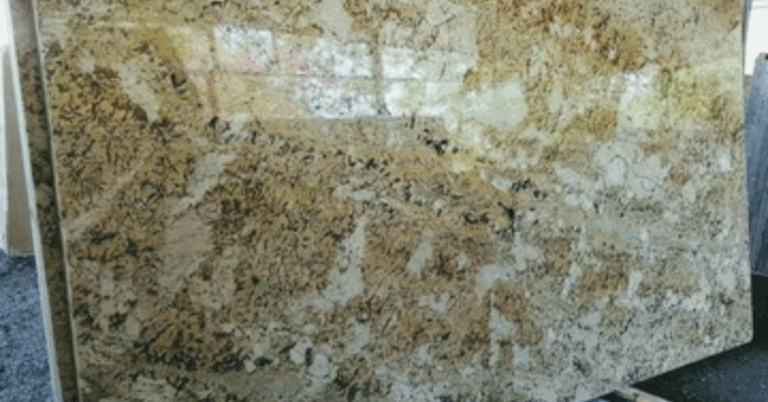Water Heater: Essential Guide to Choosing, Maintaining, and Repairing Your Water Heater
A water heater is an indispensable appliance in every home and business. It provides the comfort of hot water for bathing, cooking, cleaning, and various other daily needs. Whether you are installing a new Water Heater or maintaining an existing one, understanding the basics of water heaters, their types, and maintenance can save you money and ensure consistent performance. This comprehensive guide covers everything you need to know about water heaters, including how to select the right model, common issues, and expert maintenance tips.
What Is a Water Heater and Why Is It Important?
A water heater is a device designed to heat and store water for household or commercial use. The importance of a water heater lies in its ability to provide a steady supply of hot water, which is essential for hygiene, comfort, and convenience. Without a reliable water heater, daily tasks become cumbersome and inefficient.
Modern water heaters come in various types and sizes, each suited for different needs. Choosing the right water heater ensures energy efficiency, adequate hot water supply, and long-term reliability.
Types of Water Heaters
There are several types of water heaters available in the market, and understanding these options will help you make an informed decision:
Tank Water Heaters are the most common type, storing a specific amount of hot water ready for use. They heat water continuously to maintain the desired temperature. While tank water heaters are typically more affordable upfront, they consume energy continuously to keep the water hot.
Tankless Water Heaters, also known as on-demand water heaters, heat water only when needed. These water heaters are energy-efficient because they do not store hot water but provide it instantly. Tankless water heaters are ideal for homes with limited space or for those looking to reduce energy bills.
Heat Pump Water Heaters use electricity to move heat from the air or ground to heat water. They are highly energy-efficient and environmentally friendly but come with higher initial costs.
Solar Water Heaters use solar panels to collect heat and transfer it to water tanks. These water heaters reduce reliance on electricity or gas, lowering utility bills significantly in sunny climates.
How to Choose the Right Water Heater
Selecting the ideal water heater depends on several factors such as household size, hot water usage, energy efficiency preferences, and budget.
The capacity of a water heater is crucial. For larger families, a bigger tank or multiple units might be necessary to meet high demand. Single individuals or couples may opt for smaller or tankless models.
Energy efficiency should be a top priority when choosing a water heater. High-efficiency models reduce energy consumption, lowering your monthly bills and environmental footprint.
The fuel type also matters. Water heaters can run on electricity, natural gas, propane, or solar power. Availability and cost of fuel in your area will influence your choice.
Installation space and maintenance requirements should also be considered. Tankless and solar water heaters typically require specialized installation but save space and energy over time.
Common Water Heater Problems and Repairs
Water heaters, like any appliance, can develop problems over time. Recognizing the signs of water heater issues helps you get timely repairs, avoiding costly replacements.
A frequent problem is no hot water or insufficient hot water. This may result from a faulty thermostat, heating element, or sediment buildup in the tank.
Leaking water heaters indicate corrosion or damaged components that require immediate attention to prevent water damage.
Strange noises such as popping or rumbling come from sediment accumulation, causing the tank to overheat or become inefficient.
Water discoloration or foul odors suggest bacterial growth or corrosion inside the tank, signaling the need for cleaning or replacement.
Slow recovery rate, where the water heater takes too long to heat water, can be due to faulty parts or an undersized unit for your household needs.
Professional water heater repair services can diagnose and fix these issues efficiently. Attempting DIY repairs on water heaters, especially gas models, can be hazardous.
Maintenance Tips to Extend Water Heater Life
Regular maintenance of your water heater ensures it operates efficiently and lasts longer. Follow these expert tips to keep your water heater in top shape:
Flush the tank annually to remove sediment buildup that reduces heating efficiency and damages the tank.
Test the pressure relief valve to ensure it opens and closes correctly, preventing excessive pressure buildup.
Check the anode rod every 2-3 years. This rod protects the tank from corrosion and should be replaced if worn out.
Insulate your water heater and the first few feet of hot water pipes to reduce heat loss and save energy.
Adjust the thermostat to 120 degrees Fahrenheit for optimal hot water temperature without wasting energy.
Schedule professional inspections annually to catch minor issues before they become major problems.
Advantages of Upgrading to a Modern Water Heater
Upgrading your water heater can lead to significant benefits including energy savings, improved performance, and environmental impact reduction.
Modern water heaters come with advanced technology that enhances efficiency and convenience. Features like digital controls, self-diagnostics, and Wi-Fi connectivity allow better control and monitoring.
Energy-efficient models reduce your utility bills by using less power or fuel. Switching from an older conventional water heater to a tankless or heat pump model can cut energy use by up to 50%.
Environmentally conscious homeowners can opt for solar water heaters or hybrid models that reduce carbon emissions.
Investing in a new water heater also lowers repair frequency, saving you money and hassle in the long run.
Choosing Professional Water Heater Services
For installation, repairs, or maintenance, hiring a professional water heater service is essential. Experts have the knowledge, tools, and experience to handle all types and brands of water heaters safely and effectively.
A certified technician will ensure your water heater is installed according to local codes and manufacturer guidelines, maximizing safety and performance.
Professional repair services use genuine parts and provide warranties, giving you peace of mind.
Routine maintenance by professionals helps extend the life of your water heater and keeps it running efficiently.
FAQ: Water Heater
What size water heater do I need for my home?
The size depends on the number of people and usage patterns. Typically, a 40-50 gallon tank suits a family of four, but tankless models provide unlimited hot water on demand.
How long does a water heater last?
Most water heaters last between 8 to 12 years with proper maintenance. Tankless models often have a longer lifespan.
Can I install a water heater myself?
Installation involves electrical or gas connections and should be performed by a licensed professional to ensure safety and code compliance.
Why is my water heater leaking?
Leaks can stem from faulty valves, corrosion, or cracks in the tank. Immediate professional repair is necessary to prevent water damage.
How often should I flush my water heater?
Flushing annually removes sediment buildup and improves efficiency.
Is a tankless water heater better than a tank model?
Tankless water heaters are more energy-efficient and space-saving but have a higher initial cost.
What fuel types are available for water heaters?
Electricity, natural gas, propane, and solar are common options.
Do water heaters require regular maintenance?
Yes, maintenance such as flushing, valve testing, and inspections is crucial for longevity and performance.
Final Thoughts
A water heater is a key component of your home’s comfort and functionality. Choosing the right water heater, performing regular maintenance, and seeking professional repairs when needed will ensure you always have reliable hot water. Whether you prefer a traditional tank water heater or an advanced tankless model, understanding your options and caring for your appliance properly can save you money and improve your daily life.







